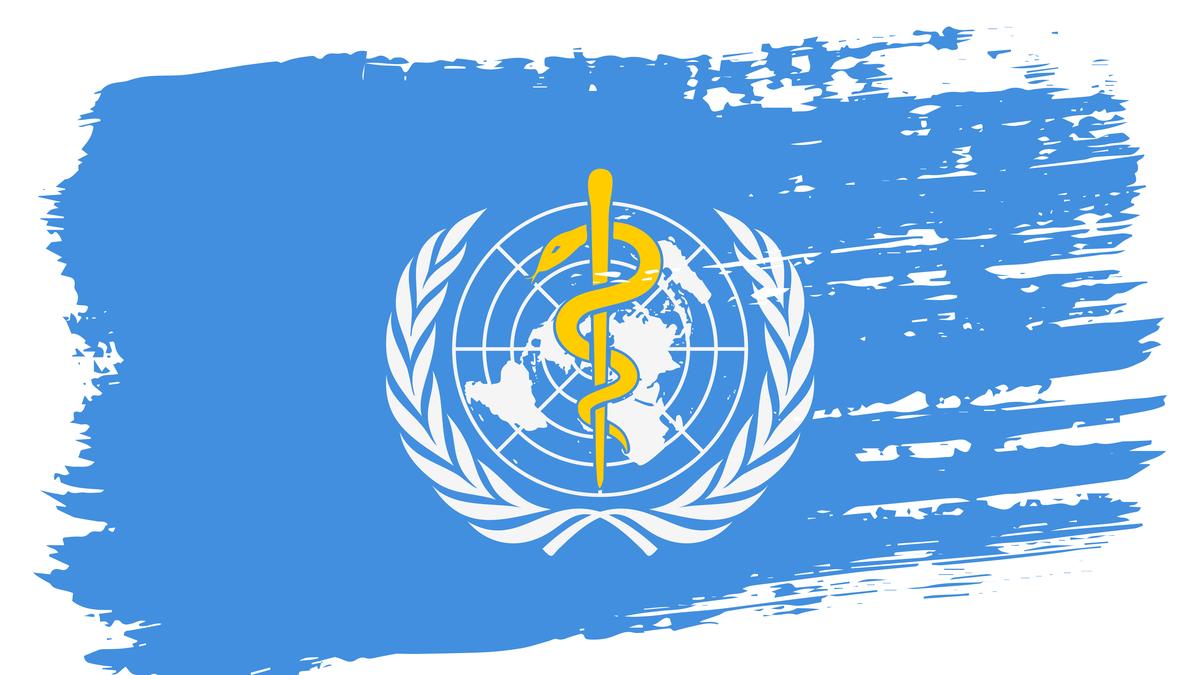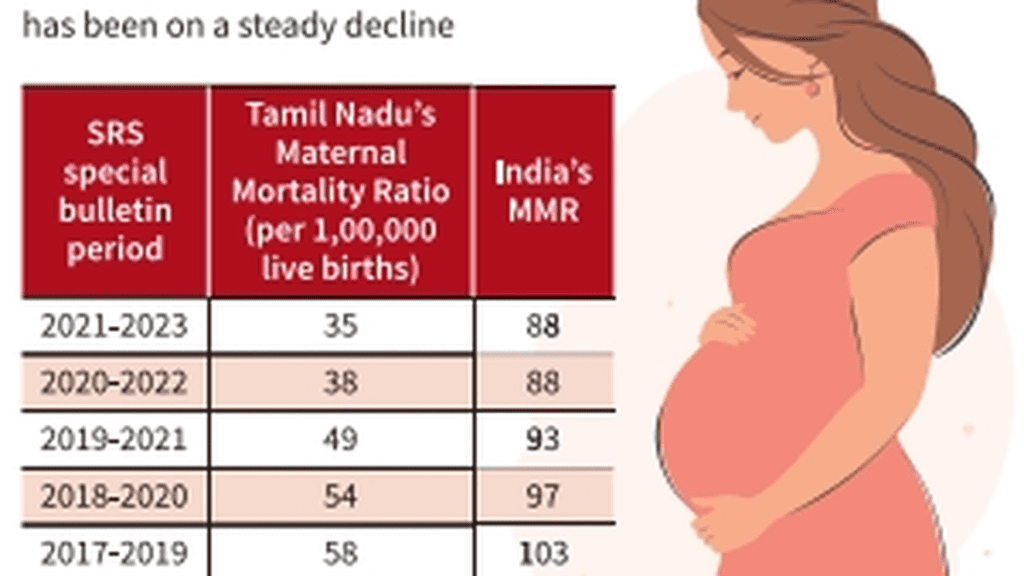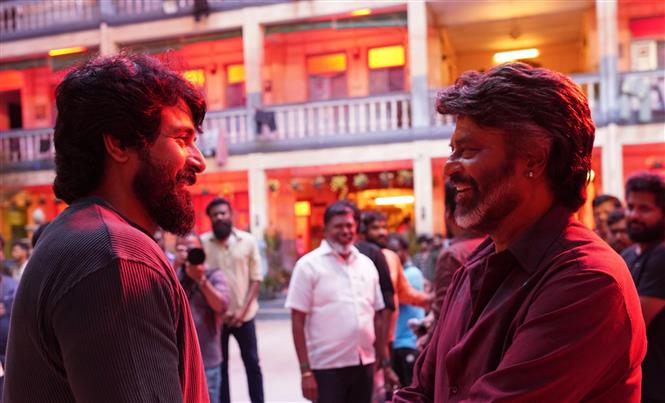The U.S.’s exit from WHO, a chance to reshape global health Premium

The U.S.’s exit from WHO, a chance to reshape global health Premium
On January 20, 2025, the United States government issued an executive order to withdraw from membership of the World Health Organization (WHO). This has raised apprehensions that reduced funding for WHO would impact the functionality of the organisation. However, as the executive decision by the U.S. government has already been made, it is time to reflect on some fundamental questions such as why a single country’s exit from WHO is causing so much concern. How can the U.S.’s exit from WHO be converted into an opportunity to create a stronger WHO? Why is there a need for an increasingly greater role of countries in Asia and Africa in global health.
To understand the impact of the U.S.’s withdrawal on WHO funding, we need to understand WHO’s funding system. There are two broad categories of funding sources. In the first, the assessed contribution (or AC) is a fixed amount each WHO member-state must pay annually as a sort of membership fee. This is what the U.S. President has argued as being disproportionately high (for the U.S.) and cited as one of the four reasons for the U.S.’s decision regarding its withdrawal. The assessed contributions ensure assured funding, which WHO uses to pay the salaries of regular staff, both technical and administrative, and maintain day-to-day functioning. This is the minimum resources the organisation needs to ensure a continuity of operations.
The other funding pool is from voluntary contributions (or VC) which comes from a range of donor agencies and additional contributions from WHO member-states. VCs are broadly for projects and other time-bound activities. WHO uses VC funds in the hiring of short-term staff and consultants. However, the problem with VC funds is that these are — as the name suggests — voluntary, always time-bound, linked to specific activities, and, thus, unpredictable.
Editorial | WHO is right: On the U.S. leaving the World Health Organization
For example, many member-states and donors provide funds for polio elimination, patient safety, primary health care or antimicrobial resistance-related work. These contributions are tight-jacketed and non-transferable to other activities. With the U.S.’s withdrawal from WHO, the VC would also be impacted, as many U.S.-based or U.S.-aligned donors may either reduce, or worse, completely stop the funding to WHO. As an example, the ongoing turmoil and uncertain fate of USAID would additionally impact WHO funding. Clearly, the financial impact on WHO is likely to be far greater than the direct share of the U.S. government funds for WHO.
Another argument given for the U.S.’s withdrawal, which has been used frequently by some others to criticise WHO, is that the organisation is highly bureaucratic, acts slow and is in need of urgent reforms. This is partially true and to be fair in assessment, every global institution needs some reforms and WHO is not any different. In fact, there is far more to WHO’s credit than the occasional systemic blips it has faced. In this era of emerging and multi-sectoral challenges such as antimicrobial resistance, climate change, global warming and animal health, increasing re-emergence of diseases and a steep rise in lifestyle diseases, the world needs a stronger WHO, more than ever.
In their book, Why Nations Fail: The Origins of Power, Prosperity, and Poverty, Daron Acemoglu and James A. Robinson (they were conferred the Nobel Prize in Economics in 2024) hypothesize, inter alia, that nations thrive upon the foundation and the strengths of functioning and stronger institutions.
Expanding the analogy at a global level, the world needs stronger institutions for peace and global health. However, in the last few decades, the fibres of global collaboration have been damaged. There is rising nationalism in many countries and ‘Nation first’ is becoming a vote-catcher for many leaders. This phenomenon of hyper-nationalism is global but relatively new, and, thus, arguably more virulent in high-income countries. Hyper-nationalism often undermines global institutions.
With the U.S.’s exit from WHO, the likelihood of key multi-country alliances such G-7, G-20 and others stepping in to support and fund WHO are feeble. Yet, for its tremendous body of work in the last 75 years, it is a moral imperative for all countries that the alternatives are explored to protect and save global institutions. The legitimate governments and elected political leaders in the global south and countries such as India, Brazil, South Africa, Thailand, Egypt and many others need to step up to support WHO in specific, and the United Nations in general.
There is another important consideration — the inexcusable gap in global health priorities and funding. The health challenges which affect the countries in Asia and Africa are grossly underfunded; mPox did not get global attention till it started affecting people in high-income countries in 2022. The vaccines and drugs against mPox are barely available in the Democratic Republic of the Congo and other settings where disease is most rampant but offered liberally in the U.S. which has a few mPox cases. This is a reminder that high-income countries continue to shape the policies, health agenda and command influence in global health, inadvertently widening health inequities. Global health has arguably been a case of ‘He who pays the piper calls the tune’.
The decision to recall U.S. government personnel who have been seconded to WHO and subsequent apprehension that such a step would slow down ongoing programmes reflect how global health agencies are a little too dependent on subject experts originating from a single or select few countries. Global health will be better off if a pool of subject experts in various areas of public health are available from different countries and in the majority of the countries. There are a few things which should be considered immediately.
First, countries in the global south, especially Asia and Africa, must team up to supplement WHO funding gap after the U.S.’s exit. BRICS could be one such platform. Second, countries such as India, Ethiopia, Ghana, and others in the global south need to invest in training of experts not just in public health but also global health (these are different areas). For example, India should have trained experts in conditions which affect Africa and diseases which are not prevalent in our country. The era of providing only financial support to any country is behind us. It is time for ‘pooled’ technical expertise in health, as in any other sector). Third, the countries in the global south should set up a few premier institutions at the country or at regional levels through inter-country collaboration to train their experts in global health. It is the expertise from low- and middle-income countries which will be of help to each other and to WHO by the secondment of such experts. That way, global health can improve at a much lower cost than by expertise from high-income countries.
Fourth, we have been hearing of reforms in WHO for a long time. One of the steps which should be considered urgently is to trim staff and move the headquarters to one of the regional offices in Brazzaville (Congo), Cairo, Manila or New Delhi. This would reduce the headquarter’s operational costs. Though this might be a problem in terms of air connectivity, the time and the focus of WHO’s work needs to be on geographies where attention is needed: Africa and Asia. It would be a very strategic move to scale down the headquarters and move specific divisions to the regional offices.
It is very likely that four years later or some time in future, when there is a new U.S. President, the U.S. would rejoin WHO. However, till then, the U.S.’s withdrawal should be explored as an opportunity for the public health community and political leadership in the global south to initiate country and regional level and collaborative actions to reshape the global health agenda, which is much under the influence and the guidance of high-income countries. Global health should not be at the mercy of funding or the expertise from one or a handful of high-income countries. It must be truly a joint venture for the entire world, led by the global south.
Dr. Chandrakant Lahariya is a medical doctor and a specialist in global health, with nearly 17 years of professional work experience with the United Nations system including the World Health Organization (WHO) and UNICEF. The views expressed are personal










